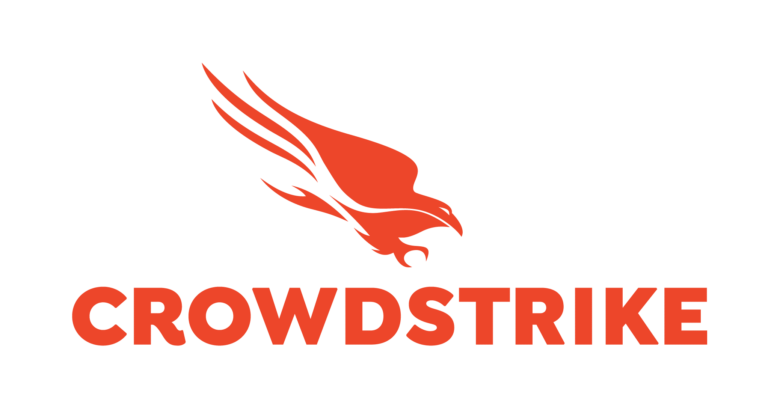Overview
Traditional IT management practices and primary role was to manage systems, application development environments and user support. The core of IT-Ops was a mix of systems automation techniques, application modeling, and integration. It was considered to be an extremely high level of complexity requiring arcane skills and knowledge.
Nowadays the term DevOps is used often for all the techniques employed in today’s big IT operations teams to make the work easier and more efficient. However, since many IT organizations still do not believe in it or have yet to apply it correctly, there is a misunderstanding of the value to an organization much less how to implement DevOps harmoniously.
One of the interesting aspects of the DevOps movement is how it combines old concepts and traditional infrastructure with all the new concepts of continuous automation, scaling and improvement.
The name DevOps does not mean what you think it does. Let’s start with the Five Pillars of DevOps:
- Culture
- Automation
- Lean
- Measurement
- Sharing
For those who have worked in IT for a long time, you have the feeling that DevOps the term constantly used for ‘new & exciting’, while IT/Infrastructure is used for ‘expense and outdated’. Yet if you look at the pillars listed above that seems very similar to the goals of every IT professional I have come across and worked with.
You Can Take IT to a Whole New Level
In my opinion, IT needs to change. It is currently under-represented and supported by leadership in the broader corporate community. Additionally, it is a common concern that DevOps is replacing some of the more conventional ways of working, especially when it comes to IT projects. DevOps has led to significant changes in enterprise IT practices. DevOps teams are increasingly agile. Agile means agile in the sense that they do not always manage a project as though it were being run by a traditional team, process or constraints. DevOps helps in the process of reducing resource costs and the need for costly management systems like a single source control system.
DevOps elevates IT in the following manner:
- It often involves collaborative planning and continuous integration.
- It promotes agility and modularity and can be used in the production as well as the development environment to deliver more stable and scalable development systems in fewer days from start to finish.
- It helps in the process of improving the efficiency of systems of measurement by reducing the amount of data required on a daily basis.
- It leads to more efficient use of IT resources and thus reduces IT waste.It has the potential to result in significantly lower technology investment and the IT cost curve.
- It speeds IT investment decisions (reduction at the point of sale and less need for costly capital IT systems to be migrated to an application or framework), and the potential to create economies of scale for IT in the production environments.
As private enterprises are established, creating technologies, new markets and new jobs, we are faced with the need to scale. This means developing roll-your-own features, processes, systems and services. With so many technology as a service options available today, many businesses can pick and choose from low cost, easy to spin up platforms and hit the ground running. The question is, can these operations scale to become profitable?
The answer is varied and typically management is concerned about the risks involved if they can’t. Obviously a way businesses can scale involves building some of the technologies and applications from scratch while integrating other business processes. Easier said than done, right?
At the end of it all we need to figure out how we decide where the money goes. Do we invest in the customer product or the infrastructure? What happens when the product suddenly outpaces the previous internal systems, applications and technologies chosen?
How is DevOps Different from Traditional IT?
DevOps is a philosophy, not an engineering discipline, and not just a technical tool. That’s why most people don’t understand it either. There are a lot of myths associated with DevOps, and they were all developed by people who were obsessed with IT, who really thought they knew everything about IT, and who always believed there was this secret tool that was going to change IT, but, it didn’t.
The big question is why would anyone want a DevOps environment? DevOps is the perfect change to a corporate environment for new hires, experienced developers, and teams with a desire to embrace and work in a rapid manner, using technology in an accelerated fashion with lower costs and rapid delivery.
Some people think that DevOps is an oxymoron and are trying to get around it by focusing on “DevOps as a technical discipline.”
I disagree - the DevOps practice in an organization starts by defining the boundaries of what DevOps means and how it should be understood or implemented. In doing so, the DevOps practice can define a new way of managing operations, costs and customer delivery that the business leaders of today so deeply desire.
How DevOps Changes the Mindset of IT
In the recent years several news stories have shown that cloud servers, networking and architecture have affected the mindset of IT. The reality is that most IT practices are based on the principles of continuous improvement but are challenged by lack of budget, staff or support from the business or leadership. Yet DevOps principles can bring in fresh ideas and encourage learning new concepts if applied to IT.
This opens up the door for creating new practices in areas you don’t necessarily think are a priority. As you can see, a focus on the DevOps philosophy has allowed for a huge improvement of the mindset of IT, especially during those critical time points as an organization is growing and competing in a rapidly changing technology-driven landscape.
DevOps brings IT to a place where the the infrastructure and developments team can start using similar technologies to achieve the same goals in a rapid fashion. IT can leverage DevOps to improve budgets, staffing and standing within the company while leading to a much more transparent process. It’s a process where you can observe changes in the technology, infrastructure and software development while measuring how this change affects your project and the organization in an almost ‘living organism’ view.
To Be Continued…
It’s not all about the IT or the DevOps. IT and DevOps intersect in both innovation and operational development. They can support both the same business challenges and happen simultaneously.
Does DevOps influence or evolve the IT organization or will it remain the same?
Does that change the way these organizations think or are they still operating the same way?
Photo Explanation: I figured it appropriate as an analogy to the sheer size of opportunity when looking at DevOps, IT and technology as a whole. That and don’t forget to look up from time to time. It’s a big big place out there.




